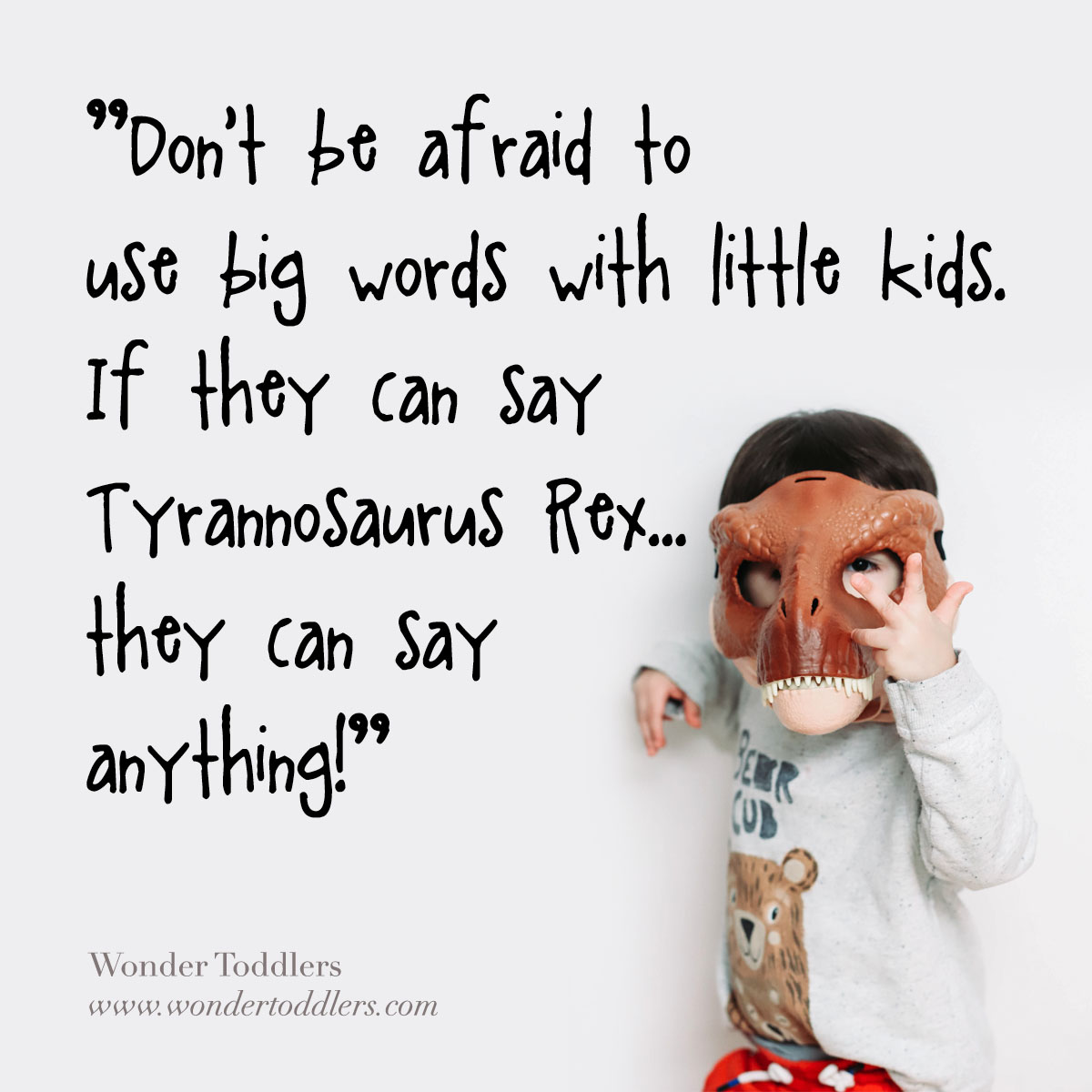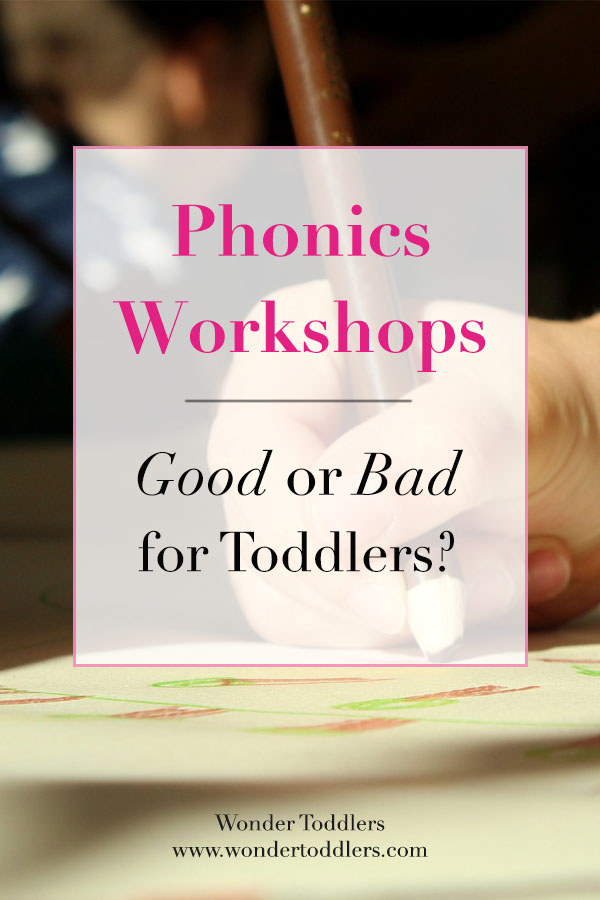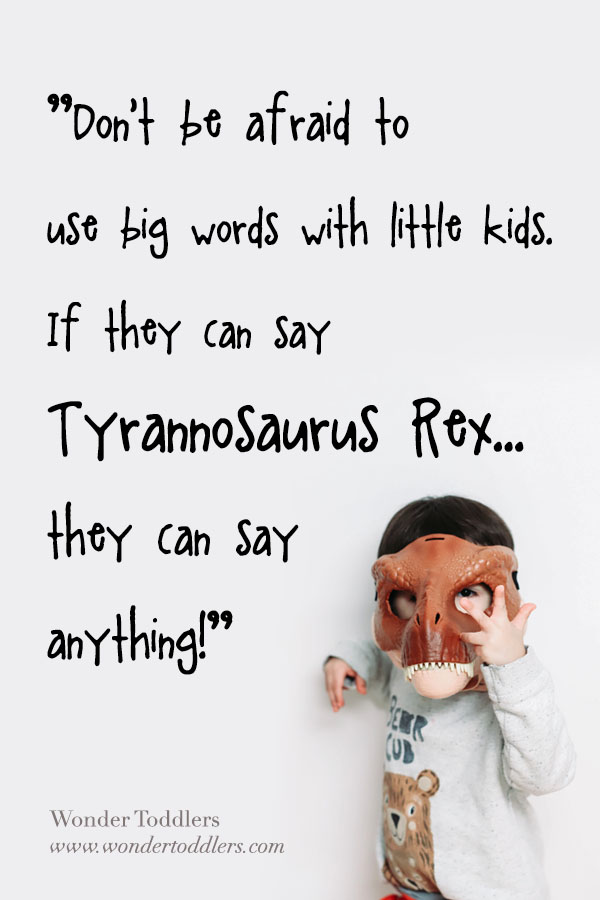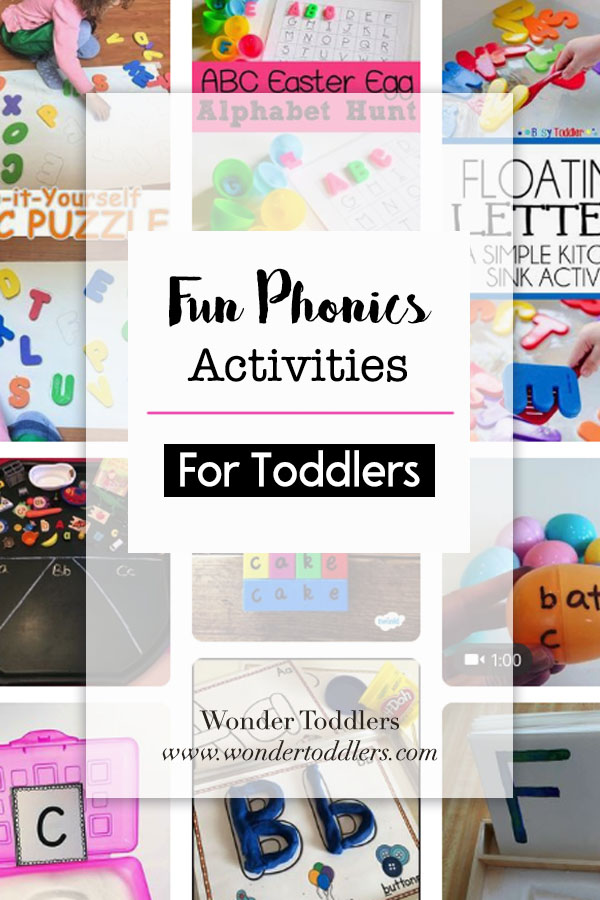Are phonics workshops beneficial to children or a total waste of time?
A recent advertisement about a phonics summer camp has sparked a heated debate among parents on a social media platform. In today’s blog post, I would like to answer some of the questions and clear up any misconceptions that you might have about phonics classes.
The ad that started all this
I follow a parenting group on social media and one of the posts that I saw today morning has got more than a hundred comments within half an hour. Most of the comments were negative, and some of them were aggressive even though the post (the advertisement) was only about a six-week phonics course for children, one hour per week.
There is nothing really else on the ad. They don’t say if it is for toddlers or older children, nor they mention which phase of phonics they would teach. Still, about 80% of the commenters were attacking the advertisement and its creators saying:

Before I express my opinion about the comments above and whether you should take your children to phonics workshops, let’s refresh our memory on phonics and talk about its importance.
What is phonics?
Phonics is, to keep it very simple, a method for helping children learn to read and write in English.
Spoken words are made up of sounds (phonemes) and written words of symbols (graphemes) such as the letters of the English alphabet. Many believe that teaching phonics help children to make the link between sounds and letters, and so they will be able to decode (read and write) unfamiliar words later on.
Phonics is taught in primary schools, and it has 6 phases. Children in the early years before reception are usually practising Phase 1 (this phase mainly focuses on children’s listening skills) and Phase 2 (the introduction of simple and relatively easy sounds) and going forward they are introduced to the more advanced, less commonly used phonemes.
Is it important to teach phonics in the early years?

Some people think that phonics is unnecessary as the English language is too tricky. On the other hand, others believe that phonics is important to teach because of the very same reason, English is a tricky language.
A research from 2016 showed that people need to make a cognitive connection between print, sound and meaning to be able to read. As no two people/children are the same, their learning abilities differ as well. Some are faster at learning to read and write, and others are a little bit slower. Therefore, it is impossible to come up with only one teaching method that fits for all.
One of the most popular strategies to use is phonics, but of course, like everything else, it has pros and cons. While some children benefit from learning phonics, others might get confused because of the complex letter-sound correspondence (the connection between sounds and letters).
To answer the question of whether phonics is important to teach in the early years or not is very hard to answer because there are so many clashing study results. In my opinion, teachers and adults should observe and asses children’s abilities and design a learning plan according to that.
Misconceptions about phonics
Many times when I hear teachers and parents complain about phonics, they usually mention two things only:
1.) Children between the age of two and five should play more
2.) Phonics is too academic for little ones
So, what is wrong with these two statements? Nothing, nothing at all.
Do I agree that phonics sounds too academic to teach at nursery or even reception and that young children should play more? Yes, I do.
But I don’t think that children are not able to or should not be introduced to more educational lessons. One of my favourite quotes from the internet to prove it to you is “Don’t be afraid to use big words with little kids. If they can say Tyrannosaurus Rex…they can say anything!”. And I also complete that sentence with “and they can learn anything”.

Another example of how amazing your little kids’ brain is that when I was talking about doctors and nurses as professions, I showed some of the medical tools such as a stethoscope and an otoscope. Then we played with these, and most of the children could memorize these words so well that they remembered the name of the tools even after a couple of days.
How is that possible? Did I ask them to repeat the words a million times and do worksheets? No, I didn’t. I used the power of play.
1. Playing or doing more Phonics?
There are lots of parents and educators who think that teaching phonics is too much for little ones to handle and that they should play more instead of memorising sounds and letters.
I believe that the two, playing and learning phonics, do not cancel each other out. If you teach only a few minutes of sounds and letters one day or two days per week creatively so that children would enjoy it, I don’t see the harm.
There are infinite ways to implement teaching phonics into children’s play, just have a look at this Pinterest Board: click on the image to be transferred to the activities
Phonics does not need to be strict and dry; it can be fun and exciting! In my experience, most of the children I taught loved phonics and showed lots of interest in playing with sounds and letters.
Also, don’t forget that (at most schools) children between the age of two and five learn only Phase 1 and Phase 2 leaving the harder sounds for later.
2. Is phonics too academic for little ones?
As I wrote above, I agree that phonics sound very academic and I do not blame parents who get startled by hearing that their children will learn about sounds and letters at the age of 2.
While it may sound scary, you need to know that children between the age of two and five are able to memorize numerous sounds and linking those to their letters. If they are taught phonics in a fun, engaging and playful way, I do not see the harm in it.
In my experience, most children (I would say around 95%) in nurseries and reception class enjoy learning about and play with sounds and letters. Moreover, usually, they ask for more!
“They will not only enjoy playing but learning about sounds and letters in an in-direct way as well.”
The lessons and the play ideas need to be simple, easy to follow and somewhat creative. The reason why I say “somewhat” is that children at a young age can get extremely creative with only a few resources provided. For example, if you add sponge numbers to water and leave some fishing nets on the side with some containers, children will “know” what to do with it and stay there for a while…They will not only enjoy playing but learning about sounds and letters in an in-direct way as well.
So, in my opinion, phonics does sound serious and academic, but it does not necessarily mean that it needs to be, at least not in the early years.
“Bonus” misconception

Another, a third misconception I would like to mention is that some people are still confused about what phonics means for children under five. I often find comments on how reading and writing is so not appropriate in nurseries.
Well, I have never worked in a nursery, nor I heard about one that would teach young children to read and write. They teach phonics (Phase 1 and Phase 2) but not blending and writing words. Teachers might use blending to demonstrate the sounds and letters in words for an easier and better understanding, but children are not asked to do the same. However, learning about the letter shapes is much easier for children if they try to form the letters. It does not mean that they need to write words, just the letter itself, although some schools teach children how to write their first name.
“…teaching phonics, reading and writing should be (like any other subject) customised according to the children’s abilities, as one style does not fit all.”
In reception, where children are five and six years old, phonics will get more complex, and children will be taught to blend sounds, readout and write simple and short words. Would this be too early for them? I would say that it is not too early for children with the right cognitive ability but teaching phonics, reading and writing should be (like any other subject) customised according to the children’s abilities, as one style does not fit all.
Should you take your children to (summer) phonics classes?

It depends. First, read the description of the workshop or camp carefully and then check the background of the provider.
If it says that they will teach phonics in a fun and playful way one-hour maximum a day, then it should be okay.
To figure out how good their offer is for you, ask these questions:
- How long does one session take and how many times a week?
- Will teachers use a creative and playful approach to teach phonics?
- What type of phonics are they going to teach? (so that you can tell your child’s teacher)
Is it necessary to sign up for phonics classes?
I believe it depends on what your goal is and in what rate your child is progressing. If your child is just about to attend a nursery for the first time, I think taking phonics classes before the nursery is not needed, mainly because it will be taught anyway. But if you want to feed your children’s curiosity, I don’t really see the negative aspect of joining a workshop.
Also, taking extra phonics classes might prove to be useful before reception or Year 1. These classes can be a great addition to your child’s summer activities, where he or she can develop not only literacy and fine motor skills but social skills as well, even make new friends. Plus, if the classes are taught in a creative way, your child might be able to improve more of his/her skills, such as maths or problem-solving.


Feel free to share this article by pinning, tweeting or posting the image above : )
Join our Community on Social Media to discuss this and any other topic with fellow parents and teachers!
Facebook Twitter Instagram Pinterest YouTube
Share your opinion, help others with your experience and let’s form a good place together.


